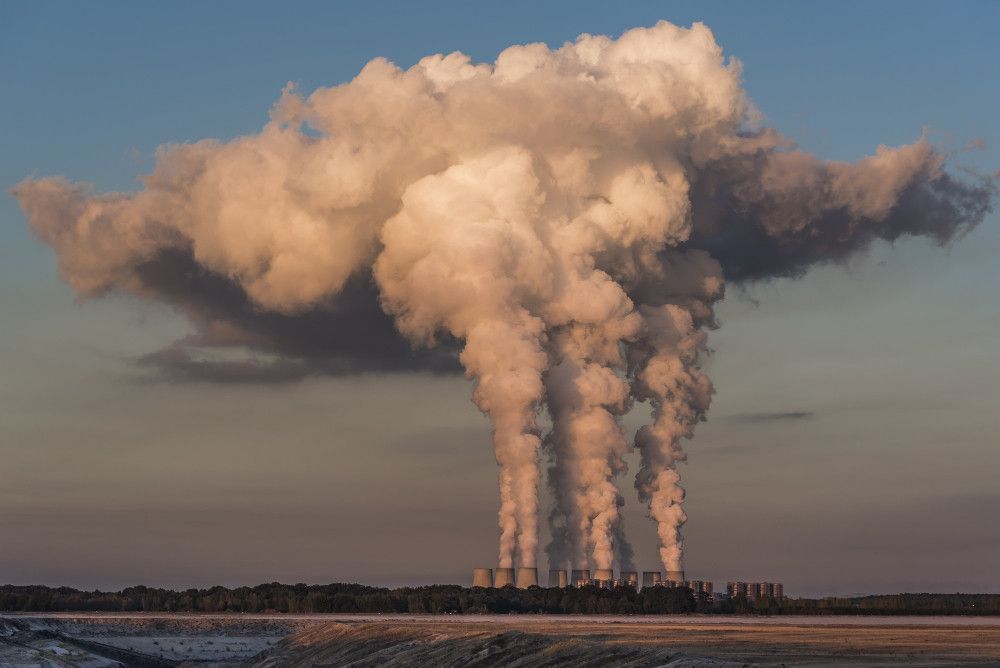DNV Report: Carbon Capture Investment to Hit $80B as CCS Enters Critical Growth Phase


Cut through the green tape
We don't push agendas. At Net Zero Compare, we cut through the hype and fear to deliver the straightforward facts you need for making informed decisions on green products and services. Whether motivated by compliance, customer demands, or a real passion for the environment, you’re welcome here. We provide reliable information—why you seek it is not our concern.
Global investment in carbon capture and storage (CCS) is set to reach USD 80 billion by 2030, according to DNV’s new Energy Transition Outlook: CCS to 2050. The report signals a turning point for the technology, with CCS capacity projected to quadruple this decade.
After years of limited progress centered on pilot projects, CCS is now scaling rapidly, particularly in North America and Europe. DNV attributes this initial surge to applications in natural gas processing. From 2030, however, the main drivers will be heavy industries such as steel and cement, which are challenging to decarbonize. These sectors are expected to account for 41% of captured emissions by mid-century. Maritime CCS is also forecast to grow from the 2040s.
Despite progress, CCS is still far from the scale needed to meet net zero goals. Today’s 41 MtCO₂/year capacity must rise to 1,300 MtCO₂/year by 2050, just 6% of global emissions. DNV warns that this figure must be six times higher to align with climate targets.
Costs are expected to fall by 40% by 2050, but CCS remains capital-intensive. Ditlev Engel, CEO of Energy Systems at DNV, emphasized the need for stronger government and industry action to close the deployment gap.
Carbon dioxide removal (CDR), including bioenergy with CCS and direct air capture, will contribute 25% of captured emissions by 2050. However, high costs, particularly for direct air capture, remain a challenge.
Jamie Burrows, DNV’s Global Segment Lead for CCUS, urged immediate action: “To stay within climate targets, we must accelerate the deployment of all carbon management solutions—starting today.”
Source: dnv.com

More related content

Lagardère Travel Retail Joins New Retail Alliance to Cut Supply Cha...

EU Awards €2.8 Billion for Transport Upgrades to Boost Connectivity...

Kampala’s Vehicles Emit Alarming Pollution Levels, New Study Finds
